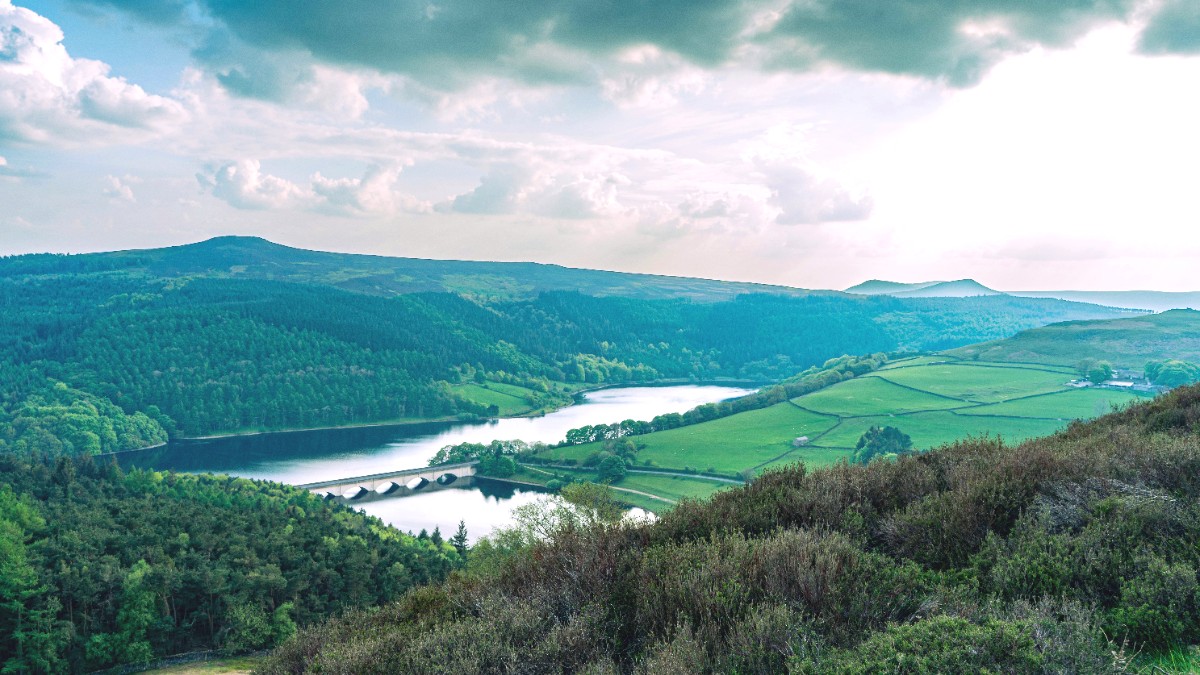
The Midlands, England
Always pack layers. Include a base layer (moisture-wicking, not cotton), a mid-layer (fleece or insulated jacket for warmth), and a Waterproof and windproof outer shell.
Even if you plan only gentle walks, proper waterproofs make a major difference to comfort if a sudden shower rolls in. Check Amazon for a wide selection of clothing and gear.
The Peak District generally presents a casual atmosphere. Sensible, practical attire is common in pubs and restaurants. No specific modesty requirements exist, but respectful dressing is appreciated for visits to religious sites like churches. For instance, avoid overly revealing clothing.
For hiking, technical hiking trousers that dry quickly and hold up are suitable. Moisture-wicking base layers keep you comfortable. Sturdy Socks for hiking prevent blisters. Pack Swimwear if you visit designated wild swimming spots or indoor pools. Formal attire is not common unless attending a specific event like a performance at Buxton Opera House.
Essential Grip & Support
Sturdy, Waterproof hiking boots with ankle support are for most trails, especially uneven terrain, mud, or rocky paths. Good grip is important.
Improper footwear increases the risk of slips and injury on wet or uneven trails. Trail running shoes often fall short for the varied Peak District terrain.
Town & Easy Paths
Comfortable walking shoes or trainers are for exploring towns and easier, paved paths. Good for leisurely strolls.
Not suitable for serious hiking. Lacks ankle support and waterproofing for unpredictable weather and terrain.
Icy & Snowy Conditions
Insulated and Waterproof boots with good grip are for icy or snowy conditions. Consider microspikes for traction on very icy trails.
Without proper winter footwear, icy paths are extremely dangerous. Hypothermia risk increases with wet, cold feet.
Keeping your important documents organized and safe simplifies your travel. Always carry your original passport. If a visa was needed, have the printed confirmation or relevant documentation with you. Keep both digital and printed copies of your travel insurance policy details, including emergency contact numbers.
An International Driving Permit is for non-UK driving licenses not in English or without a photograph. Check requirements for your specific country. Have personal copies of vaccination records or a summary of medical conditions for your own reference or in a medical emergency. Keep copies of your accommodation bookings, car rental agreements, and any train or tour reservations. Create a list of contacts (family, friends, bank, travel insurance) separate from your phone.
Original and copies.
Both digital and physical.
If applicable to your license.
Accommodation, transport, tours.
Physical list beyond your phone.
A well-stocked personal health kit gives peace of mind. Prioritize protection from insects and sun.
A well-stocked personal health kit gives peace of mind. No specific vaccinations are for UK entry; ensure routine ones are current. Consult your doctor for personalized recommendations.
Even on cloudy days, UV levels are high, specifically at higher elevations. Protect yourself from both sun and insects.
Most common items are available in towns. Specialized outdoor gear might be cheaper purchased in advance or from larger outdoor retailers outside the park, rather than in smaller village shops.